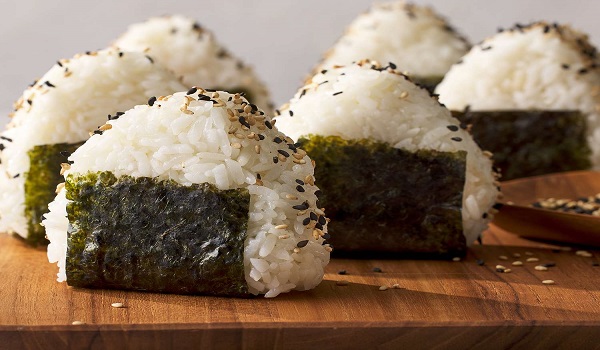Onigiri, a staple of Japanese cuisine for generations, is now making waves globally as its popularity continues to soar. These simple yet flavourful rice balls, traditionally filled with meat or vegetables and wrapped in seaweed, are winning hearts around the world.
Onigiri, also known as omusubi, dates back to ancient Japan, serving as a convenient and portable meal. Its origins can be traced to the eighth century, when it was a simple dinner alternative. During the Heian period (794–1185), onigiri evolved from a basic dietary staple into a celebrated culinary art form, reflecting the diversity of regional Japanese cuisine.
The recent surge in onigiri’s popularity is not limited to Japan. The dish has gained international recognition for its affordability, health benefits, and versatility. According to a report by The Japan News, the pandemic played a significant role in this trend, as people sought convenient and nutritious meals that could be easily consumed at home or work. This led to a boom in onigiri shops across the globe, meeting the growing demand for this beloved snack.
In line with this global trend, the number of onigiri businesses has increased overseas, driving a substantial rise in the export of Japanese rice. The Ministry of Agriculture, Forestry, and Fisheries of Japan reported that rice exports surged from 4,516 tons in 2014 to a remarkable 28,928 tons by 2022. The ministry has been actively promoting Japanese rice through tasting events and collaborations with international firms.
Expanding Horizons for Onigiri
The Onigiri boom has opened new opportunities for the Japanese rice market. “Until now, rice was primarily used for sushi, but the Onigiri trend has significantly expanded its market potential,” a ministry official stated to The Japan News. The ministry aims to further increase rice exports, targeting new regions such as the Middle East and Africa, in addition to strengthening its presence in North America and Asia.
As Onigiri continues to capture the taste buds and hearts of people worldwide, it stands as a testament to the enduring appeal of simple, comforting food rooted in tradition.


